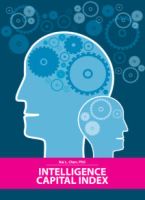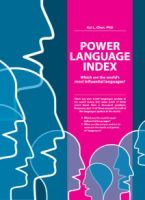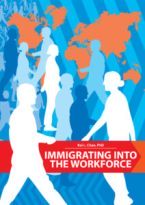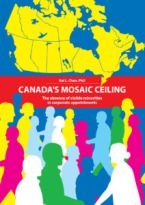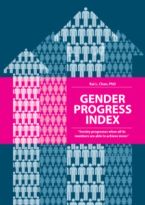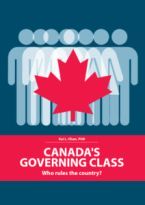
Countries capitalise on the knowledge economy to advance Published: 16:59 July 14, 2017 Joseph A. Kechichian, Senior Writer Beirut: Lebanon, which frequently boasts of its unique education capabilities ranked 100th with a low score of 16.9 [or simply a D] in the Intelligence Capital Index. The first Arab country on the list, the UAE, closed in at the 49th spot, followed by Qatar (60), Saudi Arabia (62), Kuwait (63), Bahrain (65), Oman (76), Jordan (80), Tunisia (85), Morocco (94), Egypt (98), and Algeria (103). Kai L. Chan, a distinguished fellow at the French-led INSEAD global business school, published the unique Intelligence Capital Index for 128 countries that aimed to gauge the ability of countries to capitalise on the knowledge economy by assessing their environments for education, creativity and talent attraction. The first five countries in the INSEAD roster were the US, UK, Germany, Australia and Singapore. Israel came in at 25, Turkey at 54 and Iran at 82. Most of issues that motivated rankings were related to education creativity and talent attraction, and while Lebanon certainly enjoyed the talent, most of its gifted innovators succeeded abroad instead of thriving in their native land. The INSEAD barometer focused on each country’s…

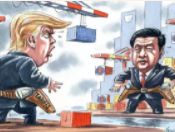 Letter to the Financial Times (April 11, 2018) From Kai L. Chan, Montreal, Canada Sir, Standing up for American interests and actually improving the lives of Americans are different things. The heterodox economics espoused by Peter Navarro (Opinion, April 9) are reminiscent of the mercantilism that held sway in the 16th century. The “help” that Mr Navarro and Donald Trump are pushing forth in the trade dispute with China are more likely than not to be welfare decreasing for the whole world. A similar kind of help, likewise from another Asian rival in the 1980s, came when the US government pressured Japan to impose voluntary export restraints on their car manufacturers. That led to unambiguous welfare gains to Japan at the cost of Americans, even as politicians thought they had done a favour for the American people. Kai L. Chan Montreal, Canada Copyright The Financial Times Limited 2018. All rights reserved. Letter as it appeared in the FT.
Letter to the Financial Times (April 11, 2018) From Kai L. Chan, Montreal, Canada Sir, Standing up for American interests and actually improving the lives of Americans are different things. The heterodox economics espoused by Peter Navarro (Opinion, April 9) are reminiscent of the mercantilism that held sway in the 16th century. The “help” that Mr Navarro and Donald Trump are pushing forth in the trade dispute with China are more likely than not to be welfare decreasing for the whole world. A similar kind of help, likewise from another Asian rival in the 1980s, came when the US government pressured Japan to impose voluntary export restraints on their car manufacturers. That led to unambiguous welfare gains to Japan at the cost of Americans, even as politicians thought they had done a favour for the American people. Kai L. Chan Montreal, Canada Copyright The Financial Times Limited 2018. All rights reserved. Letter as it appeared in the FT. 




